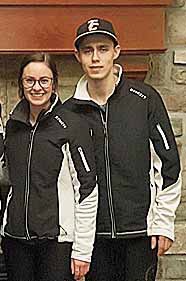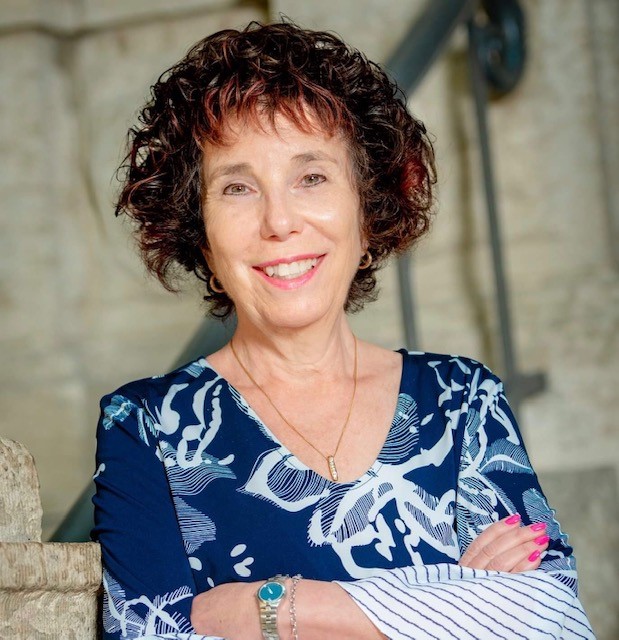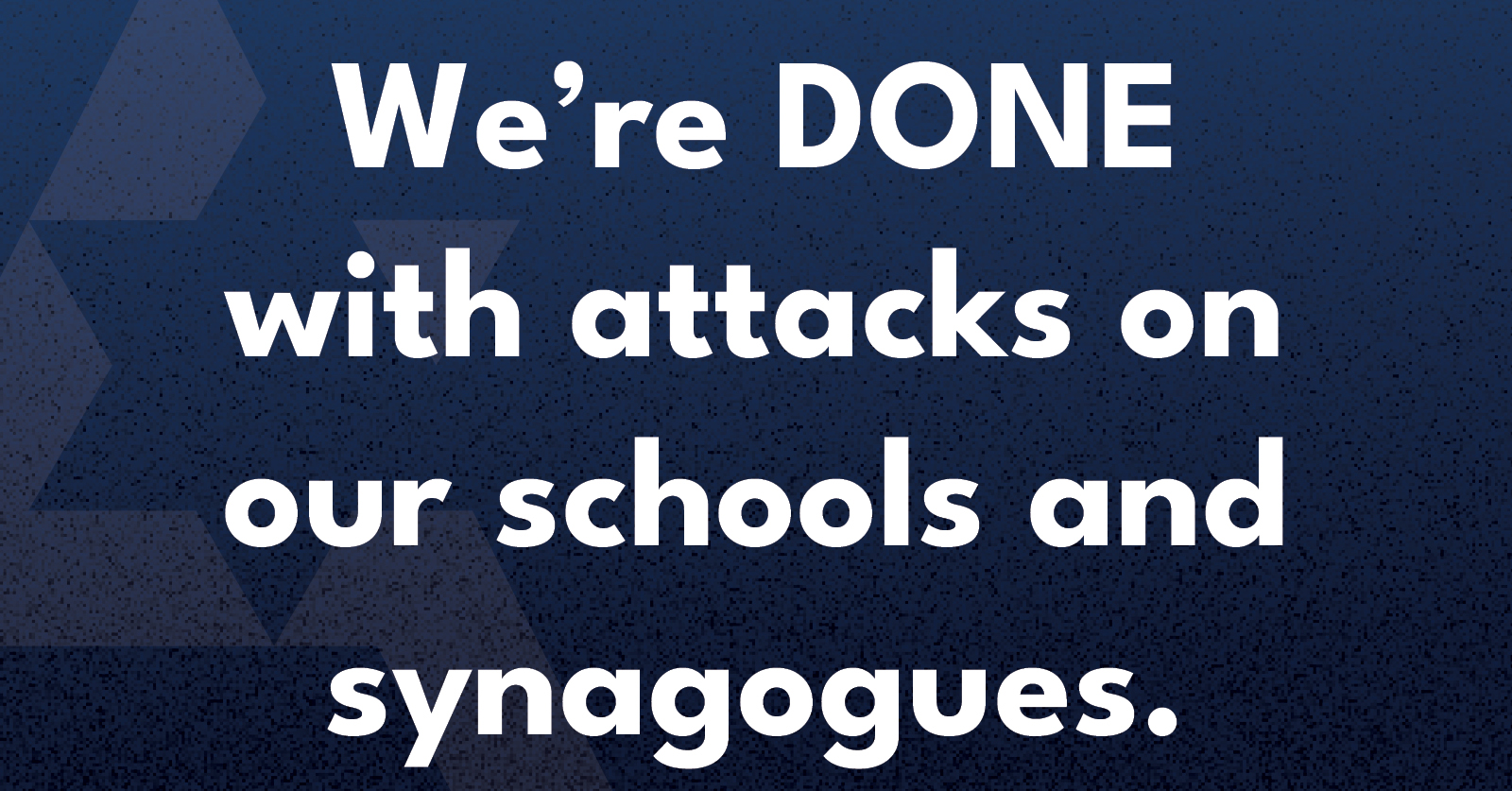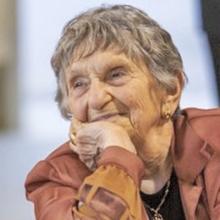Local News
Two Jewish athletes receive prominent recognition in the Winnipeg Free Press – on the same day!

By BERNIE BELLAN When’s the last time two Jewish athletes received widespread recognition on the sports pages of the Winnipeg Free Press on the same day?
In today’s (March 26) issue, there are stories about Edmonton Oilers hockey player Zack Hyman and Winnipeg curler Kyle Doering.
Hyman, who’s in town today as his team plays the Winnipeg Jets, has achieved a special renown for having scored 50 goals this year. As the Free Press story about him notes, he’s the third oldest player ever to achieve that milestone for the first time.
As for Doering, his recognition today comes from his having been selected by Canadian Men’s Curling Champion Brad Gushue to serve as the fifth man on Gushue’s team in the upcoming Mens’ World Championship in Switzerland.
But, rather than focus on their most recent accomplishments, we thought we’d look back at some past stories that had run about both Hyman and Doering, both of which tell us something about their connections to the Jewish community.
As a personal aside, I had met Kyle many years ago when he was nominated for the Rady JCC Jewish Athlete of the Year. Then, in 2017, I happened to meet up with him again when he was practicing curling at the Granite Curling Club in preparation for the Canadian Mixed Doubles Curling Championship. As I chatted with Kyle – and his curling partner, Ashley Groff, Kyle asked me whether The Jewish Post & News would consider being a sponsor for their team. I agreed – and for two years running, we did sponsor Kyle and Ashley. I never realized though that, as a result, Kyle and Ashley would put the name “The Jewish Post & News” on their jackets! I was impressed that they were willing to go as far as doing that.

Here then are excerpts from stories about both Kyle Doering and Zach Hyman, which give some information about their backgrounds:
From Harvey Rosen’s April 6, 2011 “Sporting Touch” column:
“Was in touch recently with former Winnipegger Billy Lifchus who has been living in Toronto for over 20 years. He tells me that his grandson Kyle Doering, 15, who is his daughter Bonnie’s son, recently skipped his team to a bronze medal over New Brunswick at the Canada Winter Games in Halifax.
Billy’s mom is the late Bella Lifchus, who came over from Europe together with my late mother Sarah Rosen.
Kyle, an East St. Paul resident, made a triple-raise takeout to score a six-ender against Ontario in the round-robin part of the tournament, and his shot was featured across Canada on TSN.
Billy, as any proud grandfather might offer, noted: “Probably the best Jewish curler in these parts since Terry Braunstein and Allan Shinfield.”
From Harvey’s March 1, 2017 column:
Now let’s rock with Jewish curler Kyle Doering (whose grandfather, Bill Lifchus, once wrote a financial column for this paper). When I last spoke with the personable young Doering, who is now 21, it was in 2012 when he was in high school in West Kildonan. The then-skip had just led his team to a Canadian Junior title.
Last year his junior curling team won the Canadian championship and earned a bronze medal in Copenhagen, Denmark at the World Junior Curling Championship.
He was in conversation recently at the Granite Curling Club with our Bernie Bellan and inquired if the Jewish Post & News would be interested in sponsoring his “Mixed Doubles” curling team. The latter game is a new and exciting variation of the sport and will be featured in the next Olympic games.
Needless to say, as many other Jewish kids (athletes) have learned over the years, financial support is a must if they hope to compete, say, in the Maccabiah or Maccabi games, they require support.
In any event, Bellan was prepared to sponsor the team with a gold member contribution of $200. Doering was extremely gratified for Bellan’s generosity and asked me to thank him again.
As for Zach Hyman, there was a terrific story in the Alberta Jewish News’ August 9, 2021 issue, which was written just after Hyman had been acquired by the Edmonton Oilers from the Toronto Maple Leafs. The story was written by Jeremy Appel.
Recent Edmonton Oilers acquisition Zach Hyman says the supportive Jewish environment he was raised in gave him a strong foundation of support for launching and sustaining his professional hockey career.
“It was very familial,” Hyman, who has four brothers, says of his Jewish upbringing in Toronto. “I had great, supporting parents, who really believed in me and tried to encourage me to follow my dreams and my passions. And I had a great support system of extended family, and of course a very strong community behind me.”
Hyman, 29, signed a seven-year $38.5-million contract with the Oilers in late-July after playing six seasons with the Toronto Maple Leafs, where he scored 185 regular season points — 86 goals and 99 assists — as well as 13 playoff points.
“That was a special time to be able to play for my home team to start my career out, but I’m really excited about this new chapter in my life and this new opportunity,” Hyman said.
He says he’ll be moving to Edmonton in early September in time for Oilers training camp. He plans to grow his family and provide his kids with a strong Jewish communal upbringing, just like the one he had.
Hyman, who says he knew he wanted to play in the NHL from a young age, describes his Jewish upbringing as secular — he grew up attending shul on the High Holidays and doesn’t consume pork. “For me, being Jewish is more than just a religion. Obviously, there’s a really big communal aspect to it,” he said, describing the distinction between various religious denominations as “blurred”.
He received a full Jewish day school education growing up in Toronto — first at the United Synagogue Day School, and then at the Community Hebrew Academy of Toronto Tanenbaum Campus for high school, where he met his future wife, with whom he has an eight-month-old son named Theo and a Siberian Husky dog named Whitey.
After taking a year off to focus on hockey, Hyman spent four years playing hockey on a scholarship at the University of Michigan starting in 2011, where he majored in history.
While his Jewish education provided him with a strong communal foundation, playing hockey allowed Hyman to expand his social sphere outside the Jewish bubble, interacting with people of various backgrounds, he says.
“For me, leaving home and going to university outside of Toronto obviously was a change, but I think hockey prepared me for that,” said Hyman. “It was an incredible experience. I learned a ton there, and it really helped propel my hockey career and shape my career too.”
Growing up, he played for various teams in the Greater Toronto Hockey League — the Toronto Red Wings, the Jr. Canadiens and Mississauga Reps — before moving on to the Ontario Junior A Hockey League, where he played for the Hamilton Red Wings.
In 2013, he represented Canada at Israel’s Maccabi Games, where he won a gold medal.
Hyman was number 11 on the Leafs, but he can’t use that number on the Oilers, since it’s retired as Mark Messier’s, so Hyman will be playing as number 18, which is the day in December Theo was born on, in addition to its Jewish significance of chai, the hebrew word for life.
Hyman has published three children’s books with Penguin Random Rouse since 2014 — The Bambino and Me, Hockey Hero and The Magician’s Secret.
Ultimately, Hyman says the Toronto Jewish community’s support for his ambitions, from his teachers who allowed him to do work outside the classroom to accommodate his hockey commitments to his family’s large network of friends who all wanted to see him succeed, was instrumental in his success. “Everybody was cheering for me and supporting me, and rooting me on,” he said.

Local News
Cheryl Hirsch Katz, Jewish Child and Family Service’s longest serving staffer, set to retire at end of the month

By MYRON LOVE “I loved working at Jewish Child and Family Service,” says Cheryl Hirsh Katz, who is due to retire at the end of June. “I have always appreciated the warm and welcoming atmosphere here. I feel that the people working here are my extended family. I am going to miss my colleagues”.
“I have derived great satisfaction over the years to have been able to help many people in our community of all ages through my work at JCFS,” she continues.
After 44 years at the agency, Katz, the longest-serving member of the staff, was given an appreciative send-off at the JCFS’s recent (June 23) Annual General Meeting at the Shaarey Zedek Synagogue.
The daughter of Art and Bess Hirsh, Cheryl grew up in Garden City. She attended Peretz School, then Jefferson Junior High and Garden City Collegiate. She joined the staff of JCFS in 1981, shortly after receiving her Bachelor of Social Work degree.
She earned an MSW in 1990.
“I chose to become a social worker,” she recalls, “because I always wanted to be able to help people.”
Katz was originally hired by JCFS to work with newcomers. After a couple of years, she was given responsibility for looking after the needs of older adults.
“I really enjoyed working in older adult services,” she says. “That is where I spent the bulk of my time at JCFS.”
After ten years as a case worker, she was promoted to a supervisory role. Later, she was also given responsibility for mental health and addictions programming and settlement services, while keeping the older adult files under her purview.
“As a supervisor, I wasn’t directly involved with individual clients,” she points out. “I was more involved with programming. Among the programs for seniors we organized were – for example – sessions on elder abuse, digital storytelling and memory loss.”
She notes that one of the trends she has seen over the last 44 years is that people are living longer and living in their homes longer. A lot more of our clients are living well into their 90s,” she observes. “We have had to continually expand our staff and the services we provide in order to accommodate the growing demands of an aging population.”
She also spoke of the mental health needs of seniors and aging Holocaust survivors.
She says that she has mixed feelings about leaving JCFS. “After so many years working full time, I am going to have to create a new routine,” she comments.
She notes that, now that she is retired, she will have more time to spend with her parents – who are in their 90s.
And then, there are the two dogs to look after. “I will have time now to try new activities,” she says. “ I might learn to play mah-jong.”
She speaks about maybe doing some traveling – although her husband, Murray, is still working full time.
(She and Murray have one daughter, Farah.)
“Retirement may also include some volunteering,” she adds.
It is quite likely, she will be continuing her association with JCFS but in a volunteer capacity.
Local News
Gray Academy students shine in provincial, national debating competitions

By MYRON LOVE It has been another good year for Gray Academy’s high school students who participated in provincial and national debating competitions. The best results were recorded by Grade 9 student Noa Mednikov, who finished fourth overall nationally, fourth in interpretive reading, and fifth in persuasive speaking at the junior National Public Speaking Championship in early May in Vancouver.
Last October, in the Junior Provincial British Parliamentary Championship – which was held at St. John’s-Ravenscourt – Noa and her partner, Raya Braunstein, finished third as a team while Raya placed third in individual debating.
Their fellow Grade 9 student Maxim Moscalenkov tied for first in persuasive speaking in Vancouver, while the Gray Academy team of Gabe Tapper and Aaron Koplovich finished fifth. Aaron also finished fifth in his individual debate.
Earlier, in March, Maxim finished fifth in the Provincial Juniors debating competition, which was held at Balmoral Hall He and his debate partner, Nate Shenkarow, finished seventh among the teams entered. Last November, he and partner, Ethan Tenenbein, finished seventh in the Junior Prepared Tournament – just behind the Gray Academy team of Nate Shenkarow and Jack Kay.
At the senior high level in that competition, the team of Jacob Tenenbein and Jonah Novoseller finished fourth and Jacob was recognized as fifth best in an individual capacity. Jonah and Jacob also paired up to win the Asper Cup, which was held at their home school.
Jacob represented Manitoba at the Junior National Speech Championship in Vancouver in May and, last October, he and Grade 12 Gray Academy students Julie Krozkin and Daniel Bokser represented Canada at an international debating tournament in Bermuda.
Gray Academy’s debating program was introduced by Linda Martin in 2003. She also led the debating teams at Balmoral Hall. In 2011, Martin was succeeded by Gray Academy high school English teacher Andrew Kaplan.
“Andrew has done a wonderful job with the debating program” says Martin, who has a debating trophy at Gray Academy named in her honour, as well as a provincial trophy for best individual junior debater. “Over the years, Gray Academy students have done very well in many local, national and international competitions,” she adds.
About three weeks ago, this writer had the opportunity to sit down with Andrew Kaplan and six of the school’s top debaters while they discussed the benefits of learning how to debate. According to Noah Strauss – who competed in the Junior Provincials at Balmoral Hall in March, public speaking leaves him with a feeling of accomplishment.
“It’s a good skill set to have,” he observes. “It builds confidence.”
“A benefit of being able to debate is that you learn how to convince people that you know what you are talking about,” adds Maxim Moscolenkov.
Raya Braunstein notes that being able to debate is a skill that she expects to be helpful in many university courses which she may choose to take.
As Andrew Kaplan notes, the ability to express yourself has a great impact in whatever career you choose to pursue.
He points out that debating is compulsory at Gray Academy for all Grade 7 and 8 students – and students can continue debating as an option in the higher grades
Of course, competitive debating is not for everyone. For those students who opt to take that path, the journey begins with internal school debate competition – with the top debating teams and individuals qualifying for local tournaments and – potentially – beyond.
Andrew Kaplan reports that a small number of high schools in Winnipeg and southern Manitoba have active debating programs – including St. Johns Ravenscourt, St. Paul’s High School, St. Mary’s Academy, Garden City and Maples Collegiates in the Seven Oaks School Division, St. Maurice (a Catholic School), as well as Morden Collegiate and Dasmesh, a Sikh private school.
Kaplan expresses his appreciation to the Asper Foundation and an endowment spearheaded by the Kives Family for providing funding for the Gray Academy debating program – as well as the Andrew Slough Foundation – which was established by his friends in memory of the outstanding former Ravenscourt student debater and lawyer who passed away suddenly two years ago at the still young age of 38.
I am confident that our Jewish community can look forward to the continued success of Gray Academy’s star debaters and to the continual emergence of future stars as the times goes by.
Local News
Antisemitism has crept into grade school in Canada

Antisemitism in Canada has moved beyond protests and politics; it is now entering classrooms and altering how Jewish children see themselves functioning within them.
A a university student I have observed the experience of my younger brother in grade eight as a Jewish student. Over the past few months, his school has been at the center of several deeply troubling incidents that have made him feel unsafe in our parks, community, and even his school. Swastikas were drawn around the community, in parks and ponds. Additionally, an older man, who claims to be a pro-Palestinian influencer, stood outside his predominantly Jewish school wearing a keffiyeh, filming a video which then circulated between students on TikTok.
This same man later showed up to our local Jewish community center in keffiyeh to allegedly watch his son play basketball where my brother and many of his classmates go for their lessons, basketball games, and Jewish events. These moments made him and his peers feel watched and targeted just for being Jewish. Local political representatives condemned the incidents and raised awareness about antisemitism, but the fear among students didn’t go away. The feeling of being targeted for simply existing has been taught to my brother, something my parents had tried their hardest to escape from.
Most recently, my brother was chosen to represent his school at a regional science fair. When one of the judges arrived wearing a keffiyeh, he froze. For many, including my brother after the incidents he has faced, the keffiyeh represents a political message. But even more so for my younger brother, it is tied to the fear and intimidation he had already experienced. He felt nervous, distracted, and unsure of how to act.
This is not about silencing political expression. It is about a child who came to share his ideas and left feeling uncertain and afraid. It is about the atmosphere forming in Canadian schools, where Jewish students are being made to feel targeted and unwelcome.
His school made an effort to address the incidents, but the impact is lasting. Posts on social media, much can be very vague at times about inclusion cannot fully undo the feeling of being singled out. A kind word from a teacher does not erase the fear that builds when threats are left unspoken but deeply felt.
I am writing this as a sister who watched her younger brother lose a moment that should have been filled with confidence and pride. He deserved to feel safe. So do all Jewish students in this country.
Moving forward, schools must take concrete steps to protect all students. Antisemitism cannot only be addressed when it becomes violent or overt. It must also be recognized when it appears as intimidation, symbolic targeting, or political messaging that creates fear among students. Children should never have to question whether they are safe in their own classrooms or community spaces.
Events that are meant to support and celebrate students must remain focused on them. Individuals who feel the need to bring political symbols or messages into school grounds or children’s events should not be welcomed in those spaces. Schools must make it clear that their environments exist to support learning, safety, and inclusion, not to host agendas that can intimidate or isolate students.
Administrators and educators must develop clear guidelines for identifying and responding to antisemitic behavior in all its forms. This includes strengthening security measures, offering ongoing staff training, and engaging directly with Jewish families to understand their concerns. Inclusion is not a one-time statement. It is a responsibility that must be reflected in everyday decisions and actions. No child should ever feel unsafe or unwelcome because of their identity.
The author is a Campus Media Fellow with HonestReporting Canada and Allied Voices for Israel who lives in Toronto.




